In this two-part article Justice (Retd.) S. C. Dharmadhikari, High Court of Bombay, talks about the role of courts during the Pandemic situation. The article draws a line between the right of a person to move to the courts versus the limitations faced by the courts that is to what extent they can interfere in a matter before it. We can't ignore the division of power (Legislation, executive and judiciary) provided by the Indian Constitution. The judiciary can't work only on the sympathetic ground even in a Pandemic situation like COVID 19 otherwise there are chances of grave injustice. This is Part 1 of the article. Click here to read Part 2.
High Courts in the majority of the States affected by Covid-19 are seized of public interest litigation on the administration and governmental response. Meanwhile, the Supreme Court has taken suo moto cognisance and is hearing the petition almost on a daily basis, seeking answers from the Central Government on four specific issues. The Public Interest Litigation in the High Courts have not stayed.
The issue of managing and monitoring the health crisis is therefore squarely before the Courts. The alleged cause is utter neglect and abdication of duty by Governments at the Centre and the States. In my humble opinion, invoking the jurisdiction of the Courts is not the solution.
With great respect, in such a situation, overlapping, conflicting orders and directions are indeed likely. Judicial discipline demands that the High Courts should refrain from dealing with identical matters concerning the overall management of this disease. In any event, they would be well advised to await the outcome of the proceedings before the Supreme Court. The areas of concern are lack of availability of Remedesivir, a medicine prescribed for treatment of Covid-19 patients in hospital care, shortage of oxygen cylinders, shortage of ventilators, lack of dedicated covid beds and hospitals, with facilities like Intensive Care Units and oxygen beds. The Hon’ble Supreme Court is calling upon the Central Government to place on its record details of the action taken in this regard. The other pending and important issue is the declaration and enforcement of a Lockdown.
To my mind, neither the appearing Counsel and, with great respect, the Solicitor General of India is inviting the attention of the Highest Court in the Country to several vital facets of this controversy. Foremost is the role of the constitutional courts in India. The prerogative Writs which can be issued and the plenary powers vested in the court are for the enforcement of any of the rights conferred by Part-III (Fundamental Rights) as laid down in Article 32 of the Constitution. Although it is said that the power of the High Courts to issue Writs (Art. 226) is wider than Article 32, it is undisputed that those approaching these Courts must possess a legal right and they must demonstrate a corresponding legal duty of any person or authority including in appropriate cases of any Government. My complaint is that nobody is willing to answer these basic and fundamental questions that go to the root of the matter.
First, the core issue of the fundamental and legal right conferred on the persons and citizens before the Court. It is loosely stated that Part-III of the Constitution contains Articles 14 and 21 and these guarantee equality before law and equal protection of laws and protection of life and personal liberty, thereby conferring a fundamental and legal right to be enforced by the Courts. This is fallacious. Indeed, the present crisis is because of the Health machinery’s mishandling. However, that alone is not sufficient to rush to Courts and look upon them as our saviours. The Courts do not function in a vacuum nor can they take cognisance of matters concerning our health only on sympathetic grounds. The real question: do we have an absolute and unfettered right that we can enforce through the Courts.
Article 21 may guarantee us life and personal liberty and that may include, after its expansion, access to Health Care. However, is it the obligation and duty of the Governments and Public health officials to provide medical aid and assistance utilising public monies and funds. In other words, should health care be free for all and is there an obligation of the Government to create and maintain complete health infrastructure guaranteeing assistance and aid in case of illness, disease or is it the Constitutional philosophy and ideal that the state shall, within the limits of its economic capacity and development, make effective provision for old age, sickness and disablement? (See Article 41 appearing in Part-IV titled “Directive Principles of State Policy”)
Directive Principles are not enforceable by courts but they are fundamental to the governance of the country and it is the duty of the state to apply these in making laws. The next question, therefore, is whether the provision of medical aid and assistance the only duty and priority of the Government. The ideal is it should facilitate the provision of the same. Even in Covid-19 the State arranges for diagnosis and treatment, either free or at subsidised rates, in Public Health Care facilities only to further the constitutional goals and ideals. Governments have assisted patients in securing facilities for treatment even in private health care facilities. Is there anything beyond all this which the Government is mandated to do?
Second, and more importantly, if there is no statute holding the field, then in the garb of issuing directions and passing orders, Courts cannot legislate. The orders of the Supreme Court, even if issued under Article 32 read with Article 142 of the Constitution would only enable it to do complete justice and safeguard and protect the fundamental rights of the citizens. However, the power to make an ad hoc legal regime can never be construed as taking over the role of the Parliament to make law. Even the executive power of enforcement of existing laws cannot be taken over by the Supreme Court. The power to issue a writ of mandamus or command of that nature is only to activate the executive to discharge and perform its public and statutory duties.
A Public Duty is one in the discharge of which, the State, the Public or the Community at large has an interest. If there is a statute that outlines the duties and responsibilities of the executive during an epidemic, then, the erring or the non-functional executive can be commanded by the Court to perform them by issuing appropriate orders and directions to administer and enforce that statute. The Court can also monitor the enforcement. However, by exercising these powers, the courts cannot create a duty or widen the scope of limited existing duty. They are not expected to take over the functions of the Government even in a severe health crisis.
Citizens must appreciate that judicial power has inbuilt limitations. Judicial power is not conferred to run the affairs of government. The judicial power will not enable the Court to ignore the will of the legislature. The elected representatives sit together to make laws, which are implemented by the executive. In the event, there is a dispute about the meaning of the law or during its implementation, if fundamental and legal rights of the citizens are violated, then, alone the constitutional court steps in. Merely because the nature of the proceedings is public interest litigation, this essential legal position does not undergo any change.
Article 50 of the Constitution gives guidance. It separates the judiciary from the executive. It is the duty of the State to separate the judiciary from the executive in the public services of the State. In the circumstances, everyone must be cautious. As members of the public, we have a higher responsibility, not to disturb the constitutional discipline. We must also not do anything to contravene the constitutional philosophy. Constitutional morality demands that even those approaching the Court must exercise restraint. I am of the humble opinion that today’s health crisis should not encourage people to bring every aspect of health care administration and management to the Court.
Assuming that the suffering public has none to look to for support and assistance and are forced to approach the courts, we must still realise that the Judiciary does not have a cure for every disease even if it were an epidemic. Access to health care facilities may be integral to Article 21. However, the court cannot command the state to make a law or rule to take over private hospitals or to make available health care in the private sector free of charge. Given its multiple obligations and responsibilities to the Public, the Court cannot command the State to spend public funds only to build health infrastructure or to augment the existing one. Public, Private or Exclusive Private is the health infrastructure model accepted even in India.
Likewise, courts cannot by a Judicial fiat direct distribution of Drugs and Medicines free of cost, even if they are essential commodities. The pricing mechanism in place is already aimed at there being no profiteering and to make Medicines available at affordable rates. In Government hospitals, the poor and economically weak can be assisted by the officials procuring and providing them. The same is the case with vaccines.
It may be a dream that the entire population be provided free health care but that cannot be realised through Courts. Orders of the Court ought to have a binding effect and capability of implementation. We ought to evolve judicially manageable standards and Judges and lawyers should not call upon the State to do that which is virtually impossible.
Presently, we are expecting too much from the court. Today, in one High Court, there are two or three Division Benches dealing with more or less the same issues or matters relating to Covid 19. In at least six high courts, the points for determination and decision are common. Even the Supreme Court is seized with the same inadequacies and shortages. The Constitution itself has gone unnoticed in this zeal. The scheme of legislative relations and distribution of legislative powers is salutary. Part XI of the Constitution of India is titled “Relation Between the Union and the States”. Chapter I in this part bears the title “Legislative Relations” with a subheading “Distribution of Legislative Powers” with Articles 245 to 255.
Article 246 deals with the subject matter of laws to be enacted by the parliament and by the legislatures of the States. This article has four clauses. This article makes reference to the VIIth Schedule of the Constitution and the lists known as Union List, State List and Concurrent List, respectively. In the Union list appear entries of nationwide importance. To enable the nation to function, Parliament has been empowered to make laws in the fields set out. They pertain to Administration and Finance, Defence and Foreign Affairs. In the State List, Entry No. 6 deals with public health and sanitation, hospitals and dispensaries and it is the State Legislature that can make laws on these subjects. In the Concurrent List, Entry No. 29 deals with the prevention of the extension from one state to another of infectious or contagious diseases or pests affecting men, animals or plants.
Leaving aside the controversy as to whether Covid 19 is an infectious or contagious disease, undisputedly, it has extended from one State to another and probably covered the whole country. In total disregard to the Constitutional framework, people are rushing to the Supreme Court and requesting it to direct the Central Government to provide or arrange for hospitals with dedicated Covid wards and beds and emergent health care facilities. This is essentially a State subject. If that is left for the High Court to deal with and consider, with respect, there would be less confusion. It is a matter of concern of the High Courts of the affected States. As far as the centre is concerned, it can enter the legislative arena by virtue of Entry 29 of the Concurrent List.
- Justice (Retd.) S. C. Dharmadhikari
High Court of Bombay.
ranjandharmadhikari132@gmail.com
Click here to read Part 2 of the article.
Tags: Law Court S C Dharmadhikari Corona Judiciary Pandemic Load More Tags

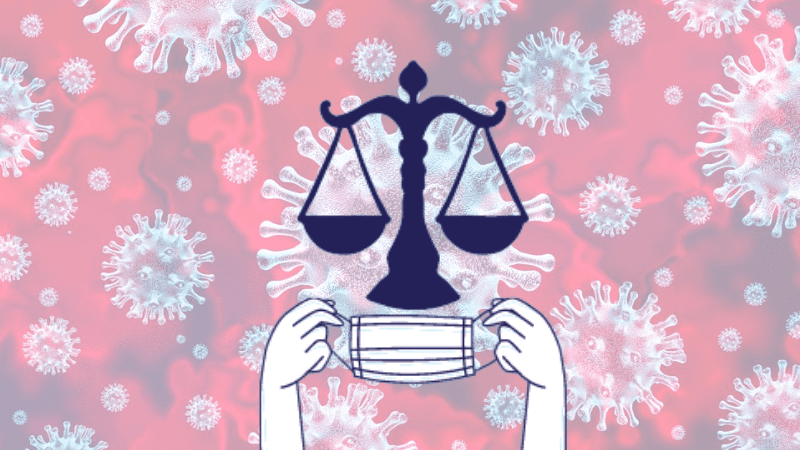
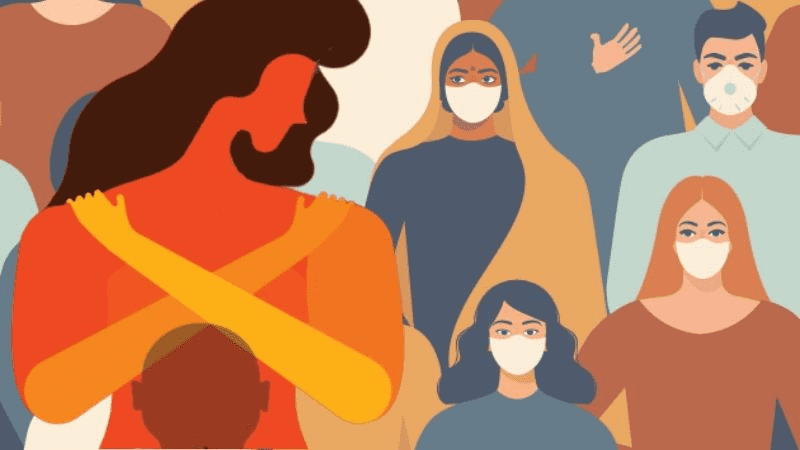
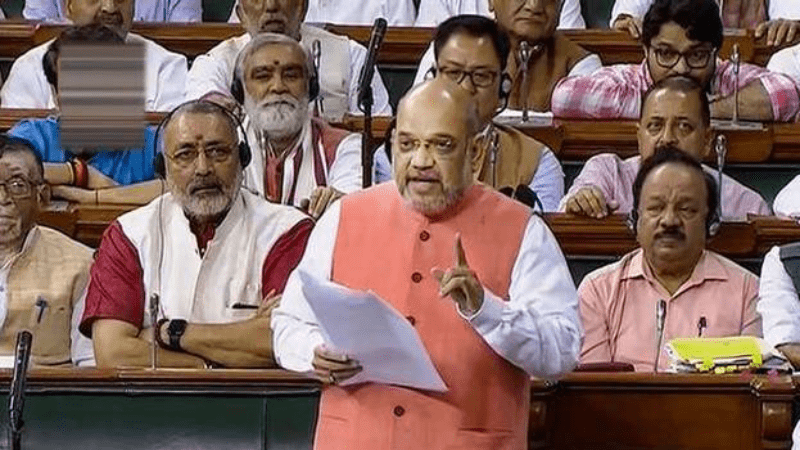
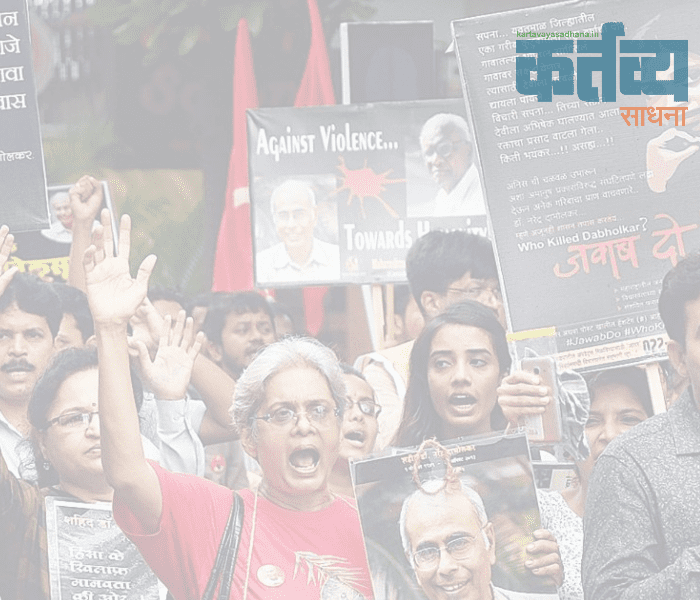
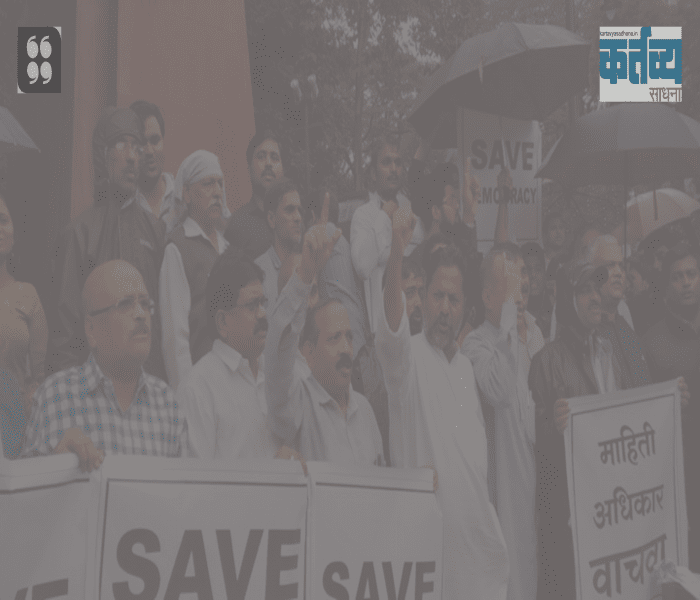
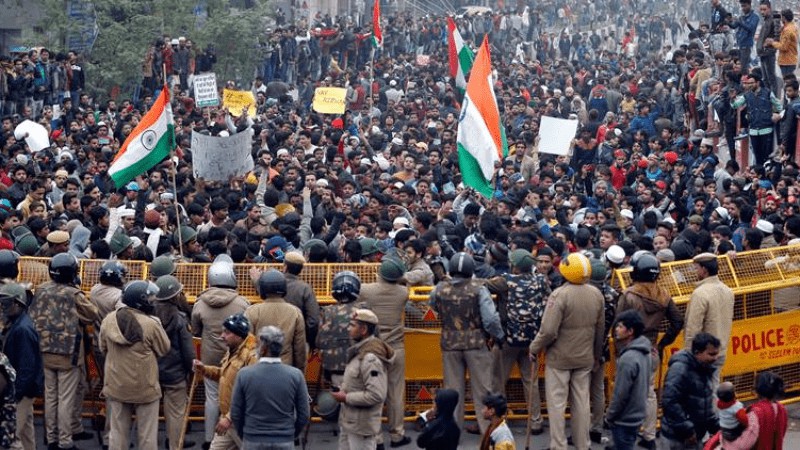
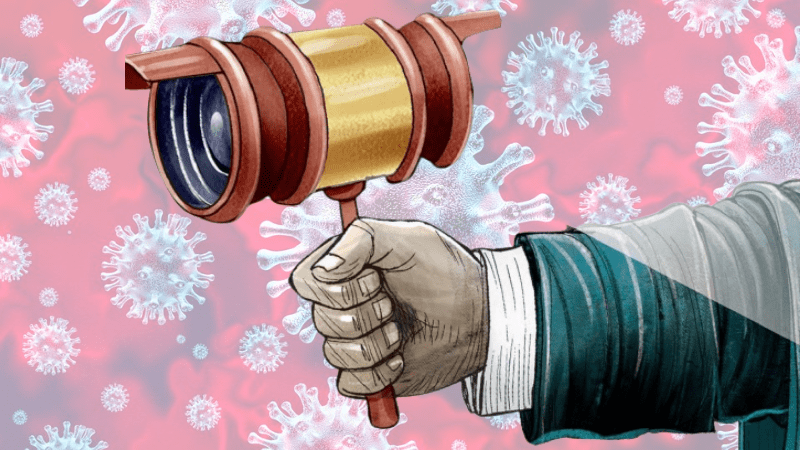

























Add Comment